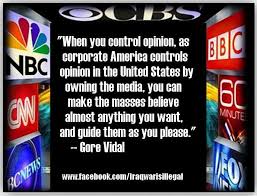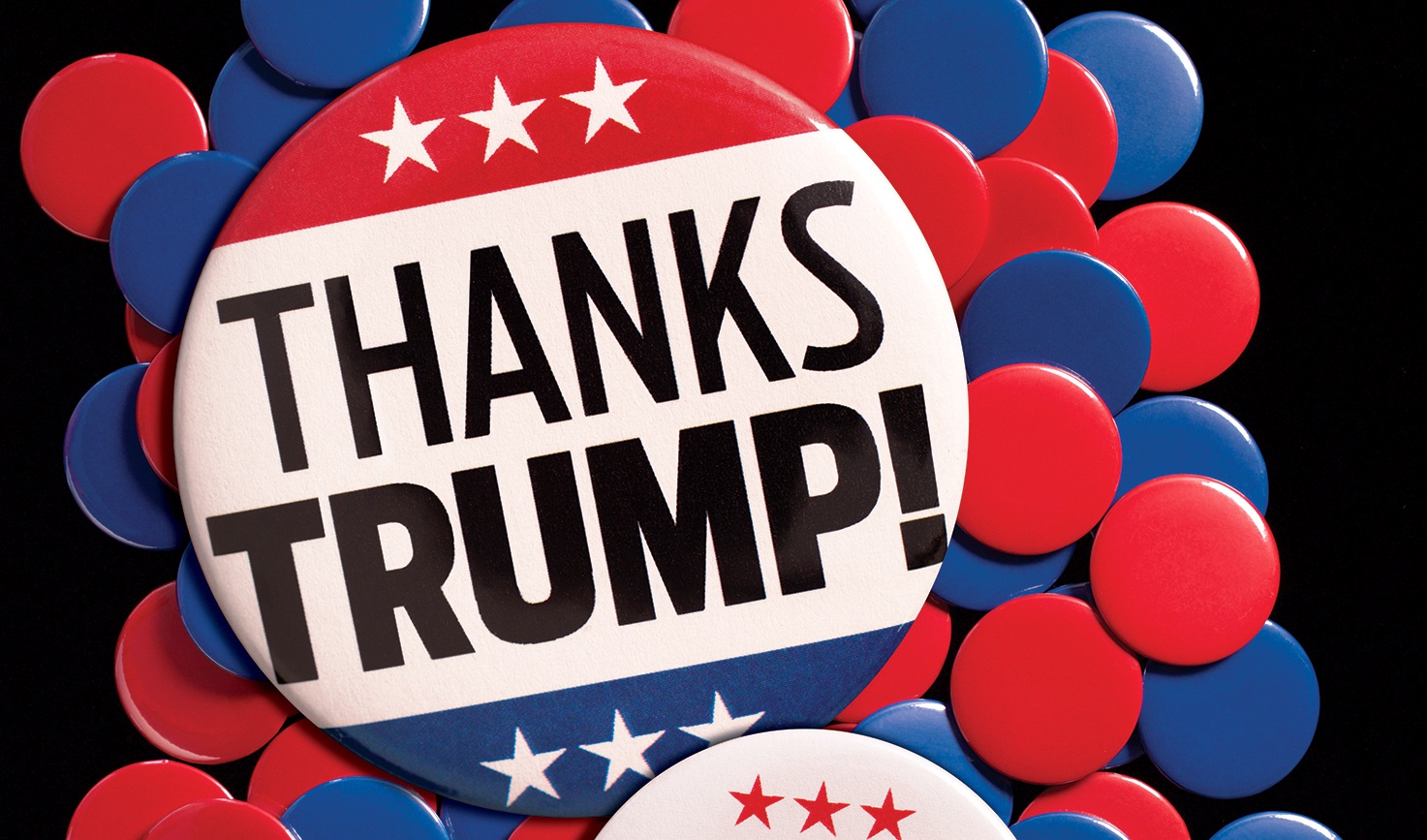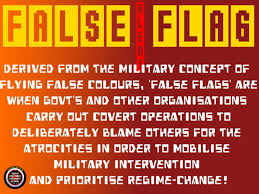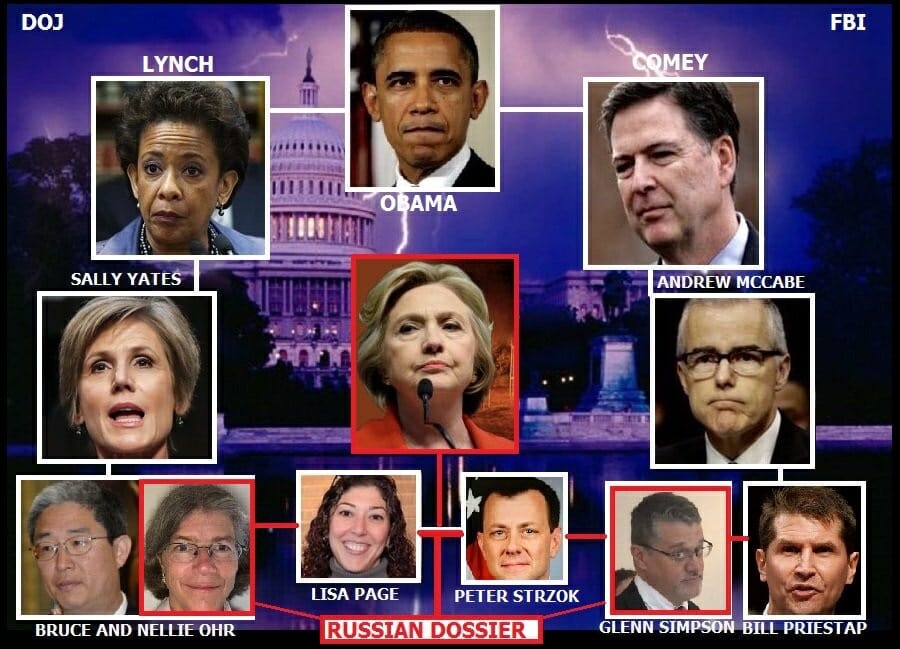
image: anticorruptionsociety.com
By: Nick Russo TheAnimatingContest.com August 1, 2015
An amazing article from Zero Hedge entitled: Did Janet Yellen Just Ban A Reporter From The Fed Press Conference For Asking “Difficult” Questions illustrates just how “Freedom of the Press” works in the real world. In reality, especially in matters of finance and politics, if you ask tough questions-the kind that really matter to real people-you are no longer given access to powerful policy makers whose actions influence all of our lives. This is the “How” in how does the elite “control the press”?
In this particular case, reporter Pedro da Costa was fired from The Wall Street Journal for asking Janet Yellen-the head of the Federal Reserve-“difficult” questions regarding possible criminal activity within the nations central bank-questions which were not approved previously. The alleged criminal activity was so important that Congress subpoenaed information from the central bank- a subpoena which the Fed refused to comply with. As reported on this website, refusal to comply with a Congressional subpoena is a FELONY.
So, a reporter who refused to ask only “Fed approved” questions, has been kicked out of the “Access Club” and no longer has the ability to ask those difficult questions in addition to having his livelihood taken from him. This creates a chilling effect within journalistic circles because all national reporters incomes rely on having access to the power elite. If you have no access you have no information to report and are obsolete.
It is the duty of reporters to ask tough questions. This is how you achieve “getting to the truth”. If reporters are only allowed to ask previously approved questions, then they are not reporters at all; but have been reduced to public relations employees of the powerful institutions which shape our daily lives and our future. In this situation, reporters are not getting to the truth, but instead are just regurgitating the controlled flow of information by powerful institutions such as the Federal Reserve.
Here is an example of the “horribly difficult” questions this reporter asked and which cost him his job: see video here
PEDRO DA COSTA: Pedro da Costa with Dow Jones Newswires. I guess I have two follow-ups, one with regard to Craig’s question. So, before the IG’s investigation, according to Republican Congressman Hensarling’s letter to your office, he says that, “It is my understanding that although the Federal Reserve’s General Counsel was initially involved in this investigation, the inquiry was dropped at the request of several members of the FOMC.” Now, that predates the IG. I want to know if you could tell us who are these members of the FOMC who struck down this investigation? And doesn’t not revealing these facts kind of go directly against the sort of transparency and accountability that you’re trying to bring to the central bank?CHAIR YELLEN. That is an allegation that I don’t believe has any basis in fact. I’m not going to go into the details, but I don’t know where that piece of information could possibly have come from.
PEDRO DA COSTA. If I could follow up on his question. I think when you get asked about financial crimes and the public hears you talk about compliance, you get a sense that there’s not enough enforcement involved in these actions, and that it’s merely a case of kind of trying to achieve settlements after the fact. Is there a sense in the regulatory community that financial crimes need to be punished sort of more forcefully in order for them to be—for there to be an actual deterrent against unethical behavior?
Pedro da Costa’s twitter announcement:
Friends and colleagues: Tomorrow is my last day at The Wall Street Journal. Thank you for reading and stay tuned for my next adventures.

 Pedro da Costa
Pedro da Costa


